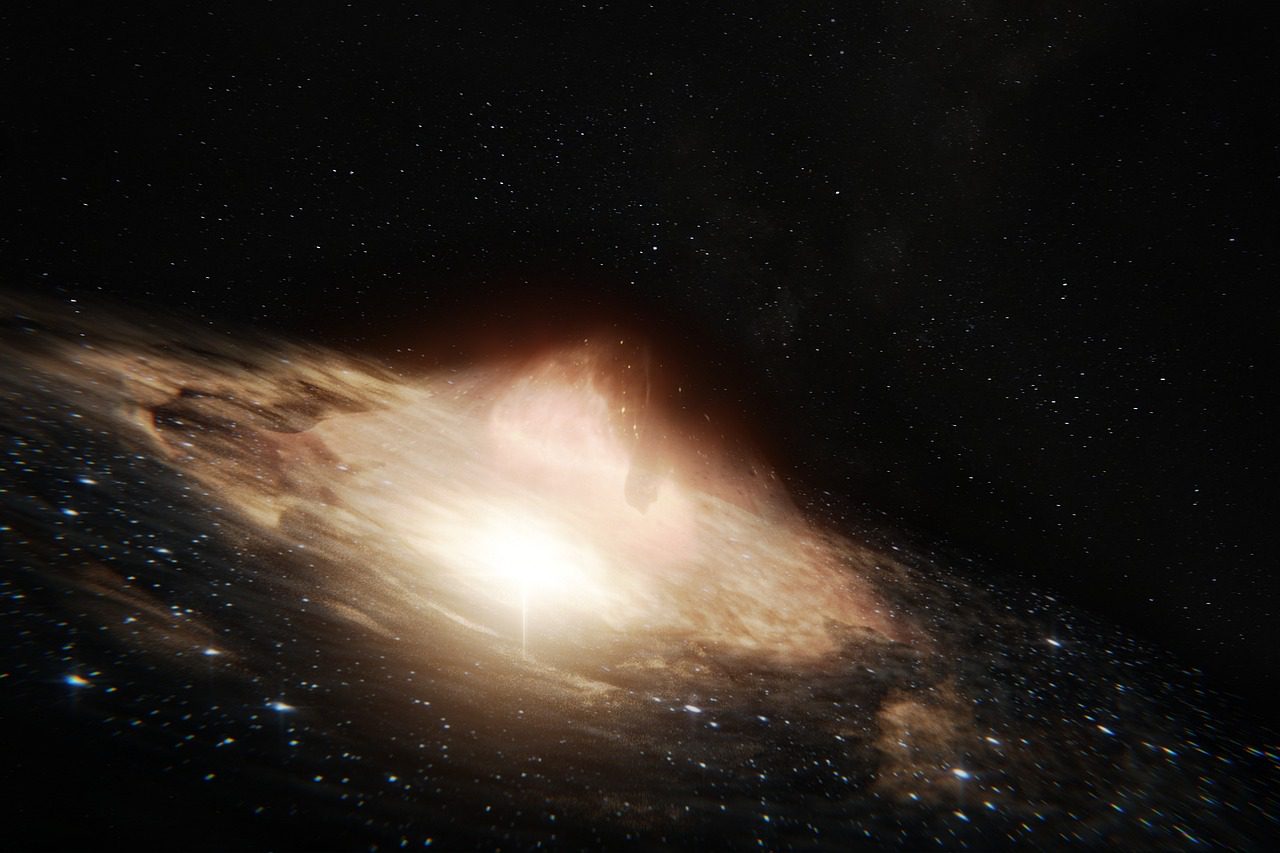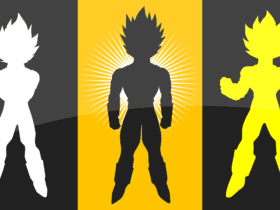One of the fascinating aspects of black holes is their mystery, meaning simply the fact that astrophysicists and scientists, in general, still have a lot more to learn about these cosmic objects. Another fascinating aspect about them is that despite their bad reputation of being destructive towards planets and entire stars, black holes can still have positive and productive roles in the Universe.
Gamma-ray bursts (GRBs) have also captured the attention of astronomers due to the fact that they represent the most powerful and bright electromagnetic events since the Big Bang. GRBs are thought to occur when a massive star wastes all of its fuel. Therefore, there’s no wonder why black holes are thought to be more or less responsible for these highly energetic events in the Cosmos. A black hole is what’s left after a massive star goes supernova. But once again, science is there, standing in the astronomers’ faces and ready to tell them that they might be a bit wrong.
Blame it on newborn supramassive stars
According to EurekAlert.org, new research led by the University of Bath (UK) has found that newborn supramassive stars can be to blame for igniting gamma-ray bursts if black holes have no contribution.
Dr Jordana-Mitjans, who leads the research team, stated as EurekAlert quotes:
Such findings are important as they confirm that newborn neutron stars can power some short-duration GRBs and the bright emissions across the electromagnetic spectrum that have been detected accompanying them. This discovery may offer a new way to locate neutron star mergers, and thus gravitational waves emitters, when we’re searching the skies for signals.
We can all consider ourselves lucky that gamma-ray bursts occur in galaxies that are located billions of light years away from Earth. Such cosmic events would rapidly drain much of the ozone layer of our planet, resulting in an increase of deadly and ultraviolet radiation from the Sun.
The new research was published in The Astrophysical Journal.














Leave a Reply